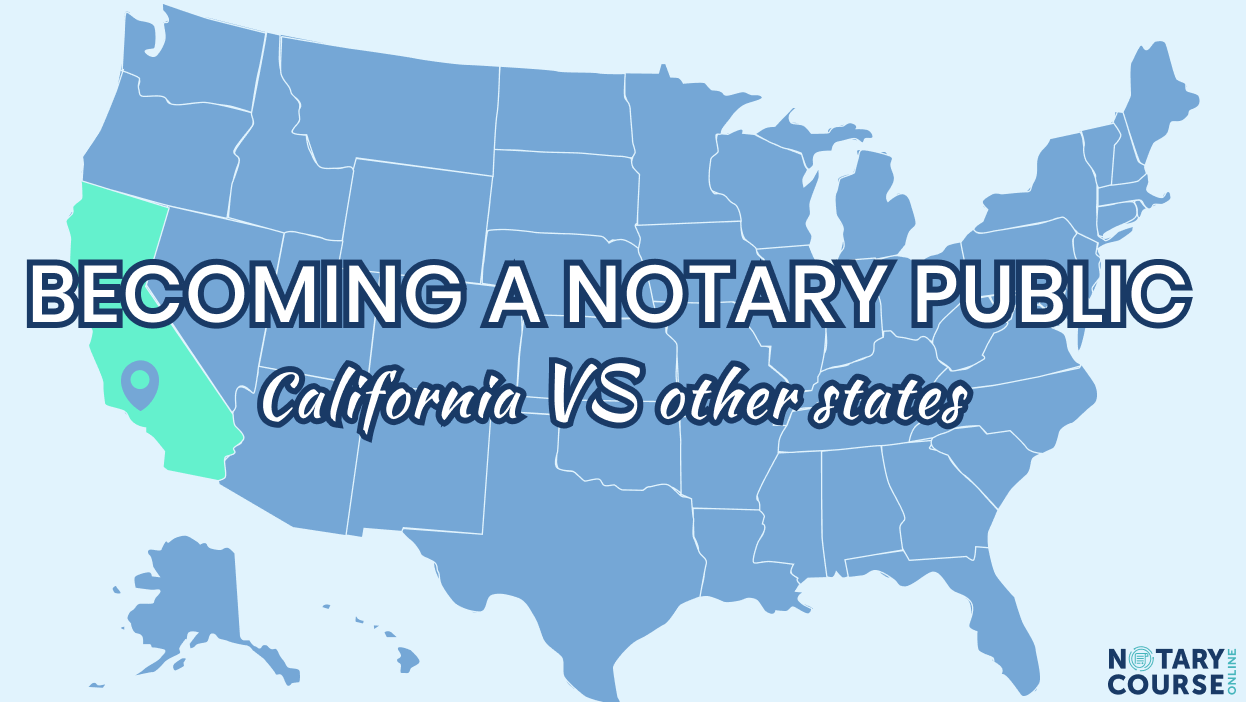California
Blog
Steady & Ready – Strict adherence to notary laws makes work that much easier

-
by Carin Guertin
- June 28, 2024
California’s detailed official source of laws for notaries public is an invaluable tool.
Notaries in California are some of the most educated in the United States … in my humble opinion. The Secretary of State that oversees all notaries public in California has the most comprehensive qualification criteria and educational standards for those wishing to serve the public in this noble field. Not only is there required education when one wants to become a notary public for the first time, but there is continuing education required if one wants to reapply for a new commission at the end of the first four-year term. Each state in the union governs its own notaries and sets the standards for providing notarial services. And not all states are created equal in how they prepare their notaries for the challenges they might face as they serve the legal, business, financial, real estate and healthcare communities. A notary public in California is most fortunate when it comes to how prepared they are to deal with the real world and perform their duties ethically and legally.
The California Handbook that leads you by the hand in the job.
At only 60 pages, the California Notary Public Handbook is a quick read cover to cover. It’s not an overwhelming “legalese” read with drawn out topics that seem to have no real value. This document is extremely concise as to describing the very purpose and service that notaries public are expected to perform day in and day out. Facts, fees and functions are easy to find as well as some real world examples of signing situations. The fact that the booklet is so compact allows for the most professional of notaries to have a copy in their office, in their traveling bag, stored on their mobile device and/or even committed to memory. All proper procedures and clarifications on notarial law and procedures are in the handy book. It’s an invaluable reference for questions that may come up on the job or even if a client has a query that the notary is unsure of the answer. As a notary public commission and a law degree in California differ greatly in powers and scope, notaries public need to be ever aware that they can only follow the statutes within the Notary Public Handbook or risk the unauthorized practice of law.
Consistent adherence.
The California Notary Public Handbook is not only a wonderful guide on how to perform notarial duties correctly, it also outlines the pitfalls and repercussions of notarial misconduct. In the face of a sticky situation with an impatient client or employer, a notary public might feel pressured to perform incorrectly. Maybe they are asking the notary to “just be a team player” or “look the other way just this once”. But this kind of entrapment could happen anytime and it’s best for the notary to be firm both mentally and vocally when the need to decline any service that goes against the notary rules. Standing your ground firmly and politely will avoid confrontation and the requesting party is free to look for another notary. Giving in to risky notary work not only erodes your self respect, but those requesters will keep asking you to perform “favors” for them in the future. Earn their respect by declining to perform any notarizations that do not align with your hard earned commission skills. If someone really wants to know why you can’t perform a notarization or how to potentially make a situation more suitable for proper service, you can provide them with a copy of the notary handbook or reference to the section that the situation concerns. Sometimes the public needs a little education why a notary needs to work a certain way. Having handy access to that information from the California Notary Public Handbook can be priceless. After all, notaries public take an oath as a public officer to act in a disinterested, impartial and unbiased manner and follow notarial rules to the letter.






 Congratulations!
Congratulations!